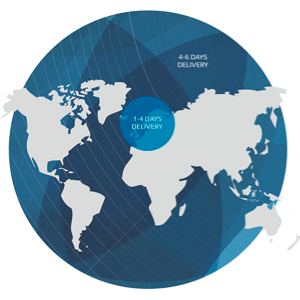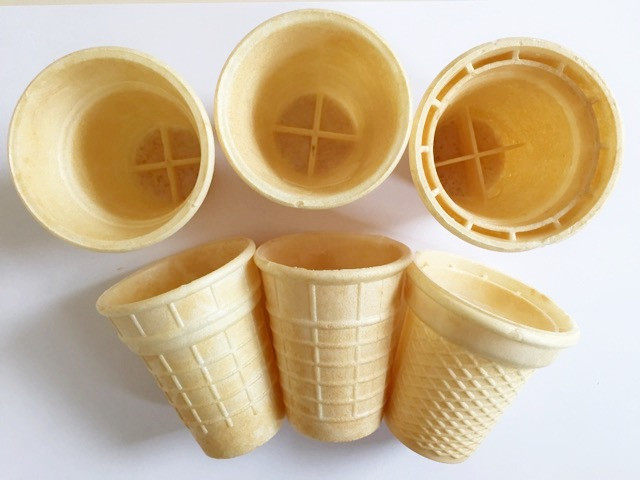61% of buyers are ready to abandon traditional meat in favor of its vegetable counterpart - Roskachestvo
The meeting of the project technical committee was opened by the HEAD of Rosstandart Anton Shalaev, noting: “The start of the work of the project committee is a great achievement on the way to developing optimal solutions for the development of standardization in the field of plant-based food products. There was a serious need to create a committee, caused by the lack of uniform documents establishing requirements for food products from plant materials that imitate products of animal origin. This caused the emergence of unscrupulous manufacturers on the market, misleading consumers. We hope that thanks to the work of the committee, the emerging market for food products made from plant-based raw materials will become transparent in the future, and the quality of the products themselves will only grow.”
Following the results of the meeting, the Eurasian Economic Commission (EEC) proposed to work out the issue of creating an interstate technical committee (ITC) for the standardization of plant-based food products. A similar MTC exists for organic products - MTC 557 "Products of organic production." At the moment, a unified list of standards for organic products within the framework of the EAEU has already been formed . The creation of the ITC will make it possible to unify the rules and requirements for plant products on the territory of the EAEU, as well as the methods for testing them in the member countries.
Plant-based products are an important global trend. European consumer organizations are emphasizing a plant-based diet as beneficial for both HEALTH and the environment. In CHINA, the development of this segment is included in the state plan.
“Over the past few years, consumer demand for plant-based products has been gaining momentum, and the global market for plant-based products has been growing. In 2014, the global market for products similar in organoleptic properties to MEAT products was less than $2 billion, and by 2020 it was already $14 billion. By 2030, the volume is projected at $140 billion. market of vegetable MILK substitutes per year will add 7.1% in value terms. In RUSSIA, the market for plant-based food products is also developing. Their turnover is estimated by experts at 11 billion rubles,” said Elena Saratseva, deputy head of Roskachestvo.
In Russia, the product segment, which includes vegetable analogues of meat, as well as milk, yogurt, cottage cheese, sour cream, kefir, showed growth in 2021 by 18% in monetary terms, by 19% in natural terms. Despite some decline in sales in 2022, consumer interest in products on an alternative basis is growing. According to the Center for the Study of Consumer Behavior (CIPP) of Roskachestvo, 61% of buyers are theoretically ready to abandon traditional meat in favor of its vegetable counterpart, but only if safety requirements are met, as well as the taste and nutritional value of ordinary meat. Buy such products mostly young people - from 18 to 24 years.
As part of the activities of PTK 713, it is also planned to resolve the issues of naming plant foods. According to Roskachestvo, almost 60% of the previously studied coconut, oat and soy drinks used the term “milk” in the name or on the label of the product, which in Russia cannot be applied to plant-based products.



























































